Improve Health Naturally
Gut Health – Managing Irritable Bowel Syndrome [IBS] Naturally + Ayurvedic Tips
“All disease begins in the gut.” – Hippocrates Hippocrates – who is the father of modern medicine has stated that – “all disease begins in the gut”. However, even more impressive is the science of Ayurveda. The literal meaning of Ayurveda is “The Science Of Life” and dates back thousands of years. Ayurveda is an ancient science which takes a positive and preventative approach for maintaining health which is beautifully explained with the following quote … “The aim of Ayurveda is to maintain the health of the healthy and to cure diseases of the sick.” – Charaka Sutrasthana 30:26 Gut Health – Gut Flora The ancient wisdom of Ayurveda has stated long ago the health benefits of optimal digestion [“Agni” – The Digestive Fire]. Modern science is onl...
3 Health Benefits Of Ghee + Simple Tips On Making Your Own Ghee
3 Health Benefits Of Ghee The ancient science of Ayurveda has long revered ghee [clarified butter] as an elixir for health and longevity. Very much like butter, ghee has received a bad reputation for many decades due to its high saturated fat content. Research is revealing that instead of increasing the risk of heart disease, ghee may actually decrease the risk instead. That’s not all. Ghee made from grass-fed cow’s milk containing vitamins A,D,E and K, along with fatty acids conjugated linoleic acid [CLA] and butyric acid is now revealing other interesting health benefits. Ghee + Heart Health: Ghee is rich in conjugated linoleic acid [CLA] which is a fatty acid with known protective qualities against arterial plaque formation and diabetes – known risk factors of heart disease...
Food As Medicine – How Food Affects Your Mind – An Ayurvedic Perspective
How Food Affects Your Mind According to the teachings of Ayurveda food not only nourishes the body but also nourishes and affects the mind. Ayurveda has a very elegant way of explaining certain qualitites of the mind – namely, sattva [pure], rajas [dynamic], and tamas [stable/heavy] qualities of the mind. Qualities Of The Mind From the most fundamental perspective we can say that – mind is movement. The movement of thoughts, feelings, and emotions make up most of what we generally consider to be the mind. These three shifting qualities [sattva-rajas-tamas] of the mind are briefly described below. Sattva Sattva [pure] qualities of the mind are expressed mostly as love and compassion, righteousness, and often describes the kind of person who seeks after truth in life. Sattva indi...
Chyawanprash – The Famous Ayurvedic Elixir
Chyawanprash – The Ayurvedic Elixir Long ago, sat in the forest an old wise sage named Chyawan. It has been said that the old wise sage had been sitting in mediation for such a long period of time that he eventually became covered with moss, twigs, leaves and branches. One day, a beautiful princess found herself joyfully singing through the forrest as she played a game while being blindfolded. Accidently, the beautiful princess’s hand had gently grazed the head of sage Chyawan. According to the rules of the kingdom – whomsoever the beautiful princess touches will be destined to be her husband as she was only to touch one man in her lifetime. “Restore Youthfulness & Vitality” How could such a beautiful princess marry an old man? Suprisingly, sage Chyawan a...
Dashamula – “The Ten Roots” – A Potent Ayurvedic Formula
Dashamula – “The Ten Roots” Dashamula is an ayurvedic formulation made up of ten herbs. The name Dashamula translates to ‘The ten roots’ and it is a potent ayurvedic formula. It is particularly beneficial to disorders of the nervous system and lungs. It is also frequently used as an enema as it helps to alleviate constipation, lower back conditions and inflammation in the pelvic and sacral areas. Dashamula has expectorant, nervine, analgesic and febrifuge actions. It directs the air and space elements in the body to flow downward and alleviates most nervine disorders associated with weakness, debility and pain. It is particularly effective in tremors, sciatica and parkinsons. Dashamula is also used in cases of dry coughs associated with respiratory weakness. Properties: D...
Ojas – The Divine Essence + 2 “Ojas” Recipes [Hotshake & Laddoos]
Ojas – The Divine Essence Having strong Ojas helps maintain optimum health and many diet and lifestyle factors can contribute to either depleting or nourishing ones Ojas. Ojas is defined as the pure essence of the bodily tissues. This is the refined by-product of digestion which can take up to 30 days to be created. Ojas is also referred to as the source of vitality, immunity and vigor in the body. The quality of Ojas is dependent on diet, lifestyle and stress. Possessing strong Ojas can determine how one’s body reacts to certain diseases and infections. Every tissue system in the body is said to have its own Ojas. Whilst all the physiological systems in the body are maintaining their function at optimum levels, Ojas is preserved. However during disease or infections the integrity of...
Punarnava – The Renewing Ayurvedic Herb
Punarnava – The Renewing Ayurvedic Herb Punarnava is one of the best known diuretic herbs in Ayurveda. The name Punarnava means ‘one that renews the old body’ indicating its potent rejuvenative properties particularly in heart and kidney issues. It is a strong digestive herb that is beneficial in sluggish and slow digestion. However, as it functions by absorbing fluids from the digestive system, it can be very constipating in excess and therefore caution must be exercised whilst using Punarnava. Since it works efficiently in reducing adipose tissue and balancing the urinary system, it is also an effective herb in cases of diabetes. It has a strong action on the kidneys by reducing excess fluids, swelling and edema hence making it an excellent herb in bladder infections and nephritis....
10 Tips For A More Healthy Life With Ayurveda
10 Tips For A More Healthy Life With Ayurveda Ayurveda, the science of life, is more a way of life than a way to treat people. Prevention is far better than curing a disease according to Ayurveda. I will now share with you some tips that will help you lead a more healthier and better life. 1. Have A Daily Routine Ayurveda suggests to have a daily routine and to stick with it. Sleeping and waking times are very crucial in Ayurveda. For example, the liver cleanses itself during the night (12 am to be exact) which during this time one should be fully asleep and is why Ayurveda recommends the time to sleep to be around 10 PM. Similarly, waking up should be around 6 AM. Eating at regular times should also be adopted, this way the body and Agni (the digestive fire) work optimally and food will...
Dinacharya – Daily Routine To Perfect Health [10 Important Tips]
Dinacharya – Daily Routine To Perfect Health Daily routine is a vital and integral part of our state of health. A routine that is followed with care and awareness with respect to our individual constitution and balance will bring many health benefits. In Ayurveda there are certain steps to starting the day, and whilst these can take up some time, they are valuable in their relation to boosting vitality. To help bring us in tune with nature, and rather our own intelligence, following a dinacharya [daily routine] is essential for establishing great health and regularizing our own biological clock. A proper morning routine can assist in digestion, absorption and assimilation as well as generating peace, discipline, happiness and longevity. It is important to assess any imbalances and yo...
![Gut Health – Managing Irritable Bowel Syndrome [IBS] Naturally + Ayurvedic Tips](https://healthyayurveda.com/wp-content/uploads/2015/09/Screen-Shot-2015-09-20-at-10.44.47-AM-1050x600.png)
![Gut Health – Managing Irritable Bowel Syndrome [IBS] Naturally + Ayurvedic Tips](https://healthyayurveda.com/wp-content/uploads/2015/09/Screen-Shot-2015-09-20-at-10.44.47-AM-80x80.png)
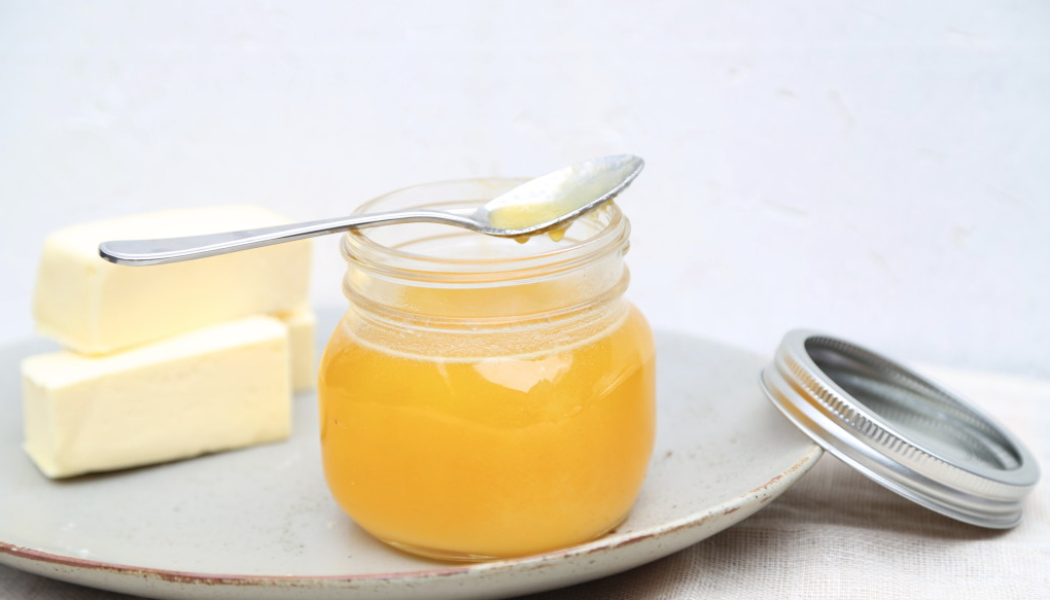



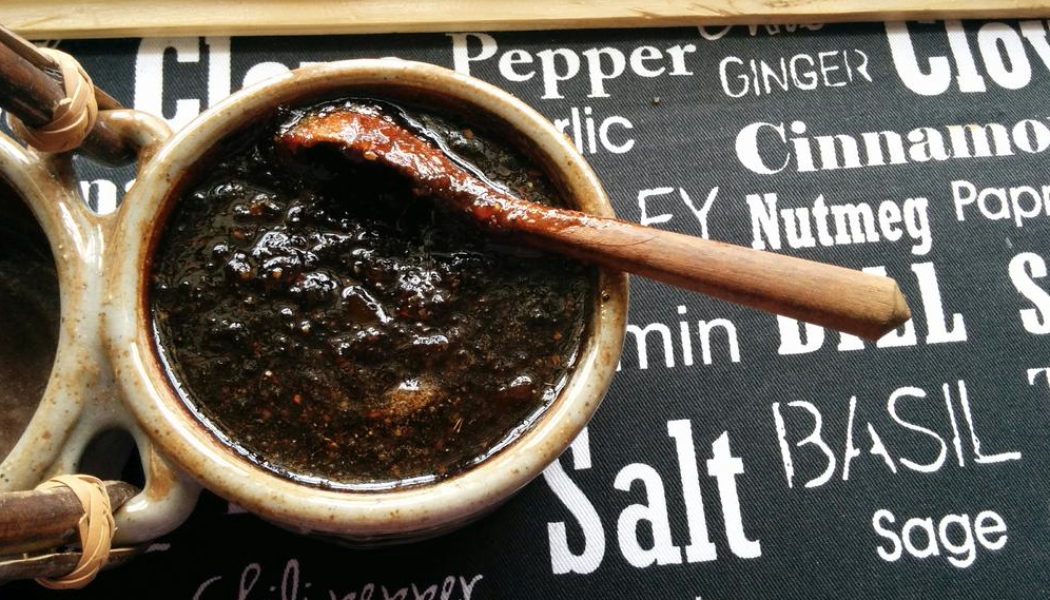

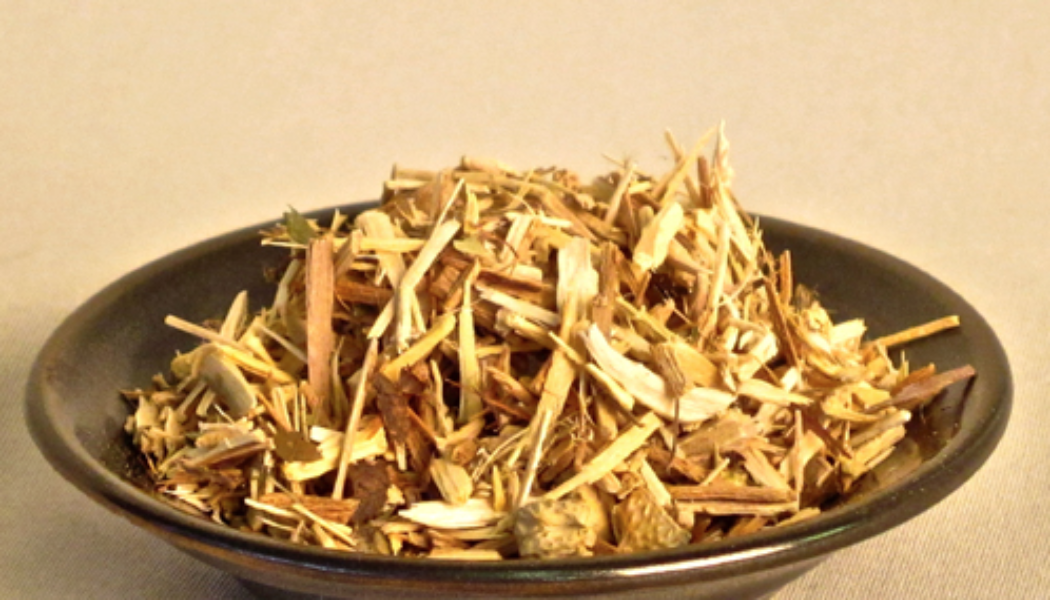

![Ojas – The Divine Essence + 2 “Ojas” Recipes [Hotshake & Laddoos]](https://healthyayurveda.com/wp-content/uploads/2015/08/Screen-Shot-2015-08-29-at-1.48.23-PM-1050x600.png)
![Ojas – The Divine Essence + 2 “Ojas” Recipes [Hotshake & Laddoos]](https://healthyayurveda.com/wp-content/uploads/2015/08/Screen-Shot-2015-08-29-at-1.48.23-PM-80x80.png)
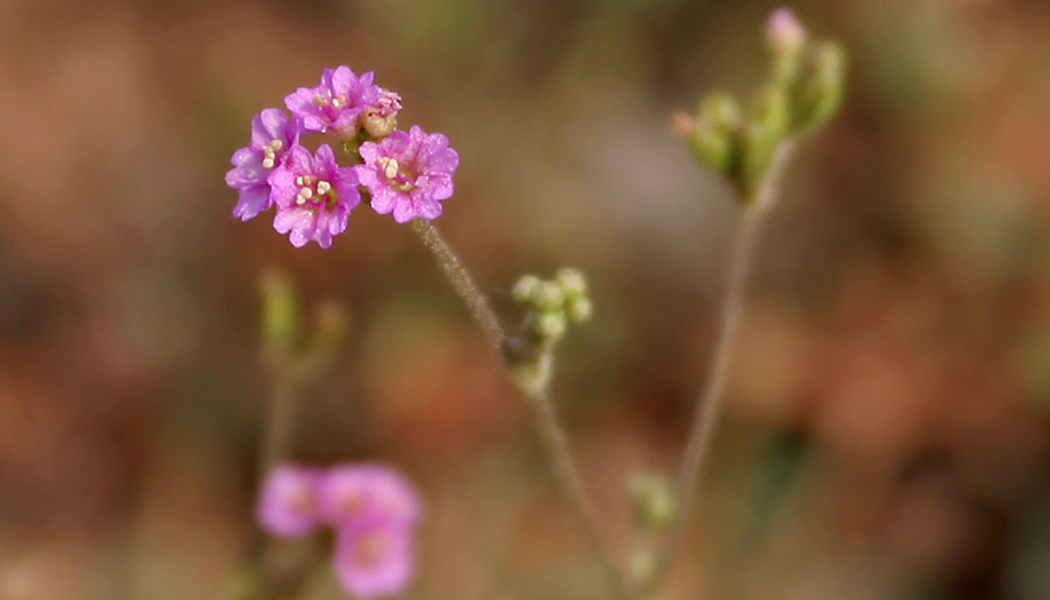

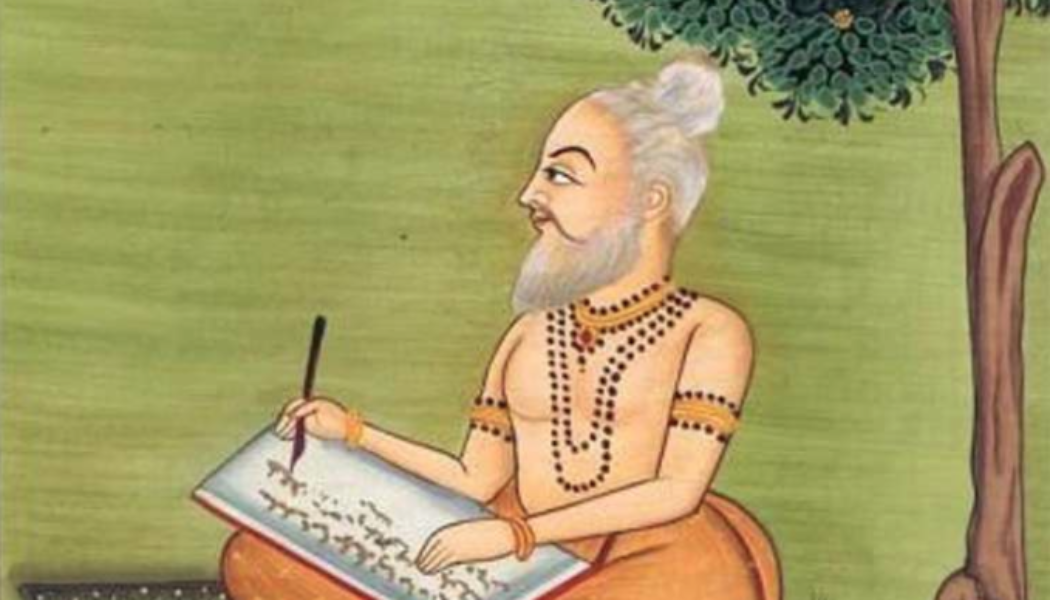

![Dinacharya – Daily Routine To Perfect Health [10 Important Tips]](https://healthyayurveda.com/wp-content/uploads/2015/08/Screen-Shot-2015-08-06-at-6.08.05-PM-1050x600.png)
![Dinacharya – Daily Routine To Perfect Health [10 Important Tips]](https://healthyayurveda.com/wp-content/uploads/2015/08/Screen-Shot-2015-08-06-at-6.08.05-PM-80x80.png)